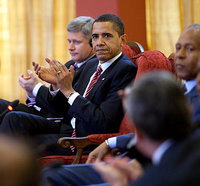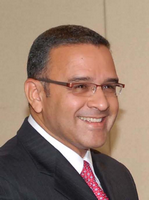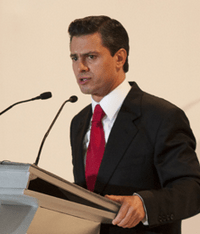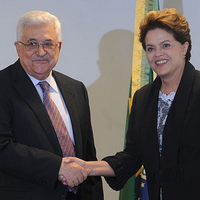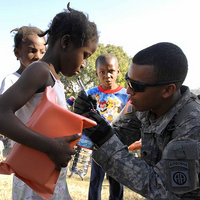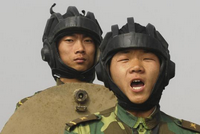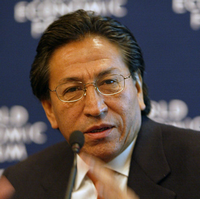
LIMA, Peru — As Peru approaches general elections on April 10, polls show that voters are leaning toward continuity, which might be expected for a country with one of the world’s fastest-growing economies. The leading contenders offer variations on the pro-business, open-market policies that have been the Peruvian status quo for two decades. The frontrunner, with 27 percent support in recent polls, is former President Alejandro Toledo, who governed from 2001-2006. A Stanford-educated economist, Toledo negotiated the country’s free-trade agreement with the United States and oversaw moderate economic growth, but endured frequent scandals and protests during his presidency. Born into […]

